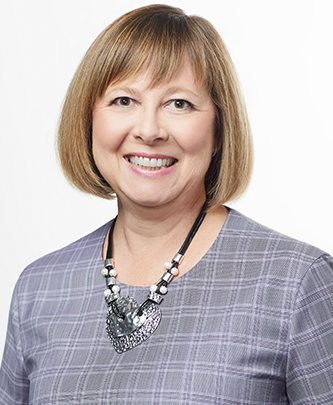A Note from Assist: Is COVID Making You Sad?
 Alberta Lawyers’ Assistance Society (Assist) is pleased to partner with the Law Society in the quarterly Wellness eBulletin (Fall 2020 edition here). Assist is an organization dedicated to lawyer well-being. We provide confidential and free non-judgmental professional counselling, peer support, education and awareness resources and inclusive communities.
Alberta Lawyers’ Assistance Society (Assist) is pleased to partner with the Law Society in the quarterly Wellness eBulletin (Fall 2020 edition here). Assist is an organization dedicated to lawyer well-being. We provide confidential and free non-judgmental professional counselling, peer support, education and awareness resources and inclusive communities.
Lawyers experience depression, anxiety and substance abuse at much higher rates than the general population. Assist is seeing the impact that protracted periods of stressful living has had on Alberta lawyers, students, and families. Twenty-three per cent of the individuals accessing our professional counselling program over the last several months cite stress related to COVID-19 as a key factor in their decision to see a counsellor.
We are now facing an additional mental health challenge: shorter days and cooler temperatures, which will drive us indoors even more.
Seasonal Affective Disorder (SAD) is a clinical diagnosis included in the Diagnostic Manual of Mental Disorders (DSM 5) as Major Depressive Disorder with Seasonal Pattern. According to the American Psychiatric Association, SAD is linked to biochemical changes in the brain caused by decreased exposure to sunlight. Decreased exposure to sunlight causes changes to our circadian rhythm, leaving about five per cent of the population “out of step”.
Symptoms of SAD include:
- Loss of interest in pleasurable activities
- Change in sleep and appetite
- Loss of energy/increased fatigue
- Difficulty in concentrating and feelings of worthlessness or guilt.
Suicidal ideation can occur, but there is a wide range of severity of symptoms. Most SAD cases occur in fall and early winter as we experience shorter days and less sunlight. SAD is more common in climates where there are significant changes in temperature and amount of daylight (like ours). Conventional treatment for SAD includes light therapy lamps, usually first thing in the morning, to replicate the positive effects of sunlight.
However, just because it is fall or winter does not mean that your feelings of depression are caused by decreased exposure to sunlight. Depression has many causes, from neurotransmitter breakdowns to physical illness to hormonal imbalance to sleep deprivation to genetics, and effective treatment depends on the underlying cause.
Not every case of the winter blues is SAD or will respond to light therapy, so what else can we do?
- Ensure that you have a healthy diet and exercise on a regular basis.
- Consider making a plan to exercise with a friend (in a socially-distanced way) since we are less likely to cancel on another person than on ourselves.
- Get sufficient sleep consistently.
- Spend more time outdoors when the sun is shining.
- Consider counselling as the days get shorter to help you develop strategies and helpful thinking processes. Proactive counselling is covered through Assist’s program, just call 1.877.498.6898.
- Talk to your family doctor.
- Participate in meditation, mindfulness and yoga to help with depressed thinking. Check out Assist’s Tuesday 15-minute mindfulness breaks at noon and our free online yoga class on Wednesday at noon.
Being good to ourselves may mean pushing ourselves out of our comfort zones and cooking healthy meals, forcing ourselves to exercise and making plans to interact with family and friends, even though lying on the sofa, watching Netflix and eating junk food is more appealing.
Isolation and loneliness are precursors to depression, and we are all at greater risk of becoming isolated and lonely as we physically distance. Connecting with people using electronic communications is not the same as meeting face-to-face, but it is better than not connecting at all. Remember that you can always drop in online to Assist’s Red Mug Coffee Circles on Mondays where you can connect with other lawyers and students and discuss issues in the practice of law.
If you are not feeling like yourself, please consider chatting with one of our professional counsellors. You should not wait until depression is fully manifested. Most issues are more easily resolved the earlier people come in.
Stay well,
Loraine
Loraine Champion
Executive Director, Assist
